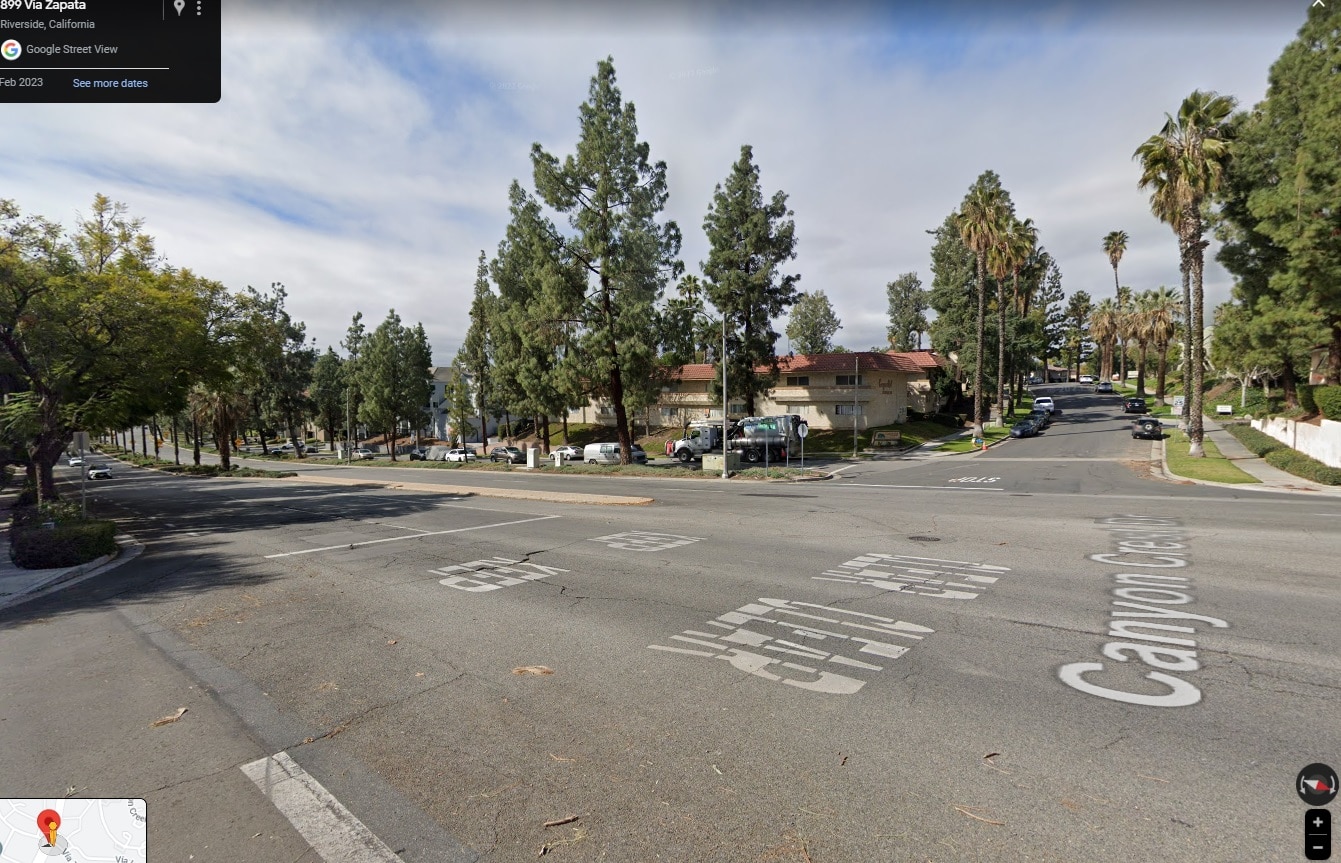The California Supreme Court announced July 21 that it accepted a Riverside damages case.
An appellate ruling had established that a person did not need to be physically present at the scene of an accident to bring a claim for negligent infliction of emotional distress as a bystander. If the person was sufficiently there due to remote technology, such as phone calls, they could have standing to sue.
After a traffic collision, a suit in Riverside Superior Court was brought against the city of Riverside, driver Evan Martin and Ara and Vahram Sevacherian, the owners of a property with landscaping that the plaintiff claimed blocked drivers’ view and was responsible for the








